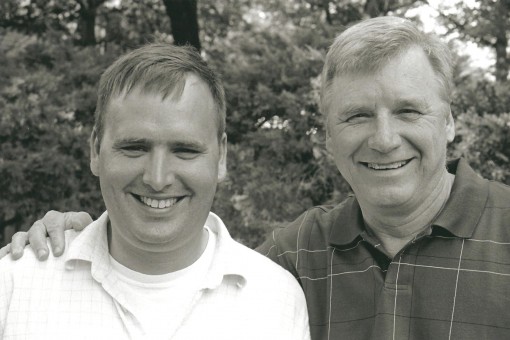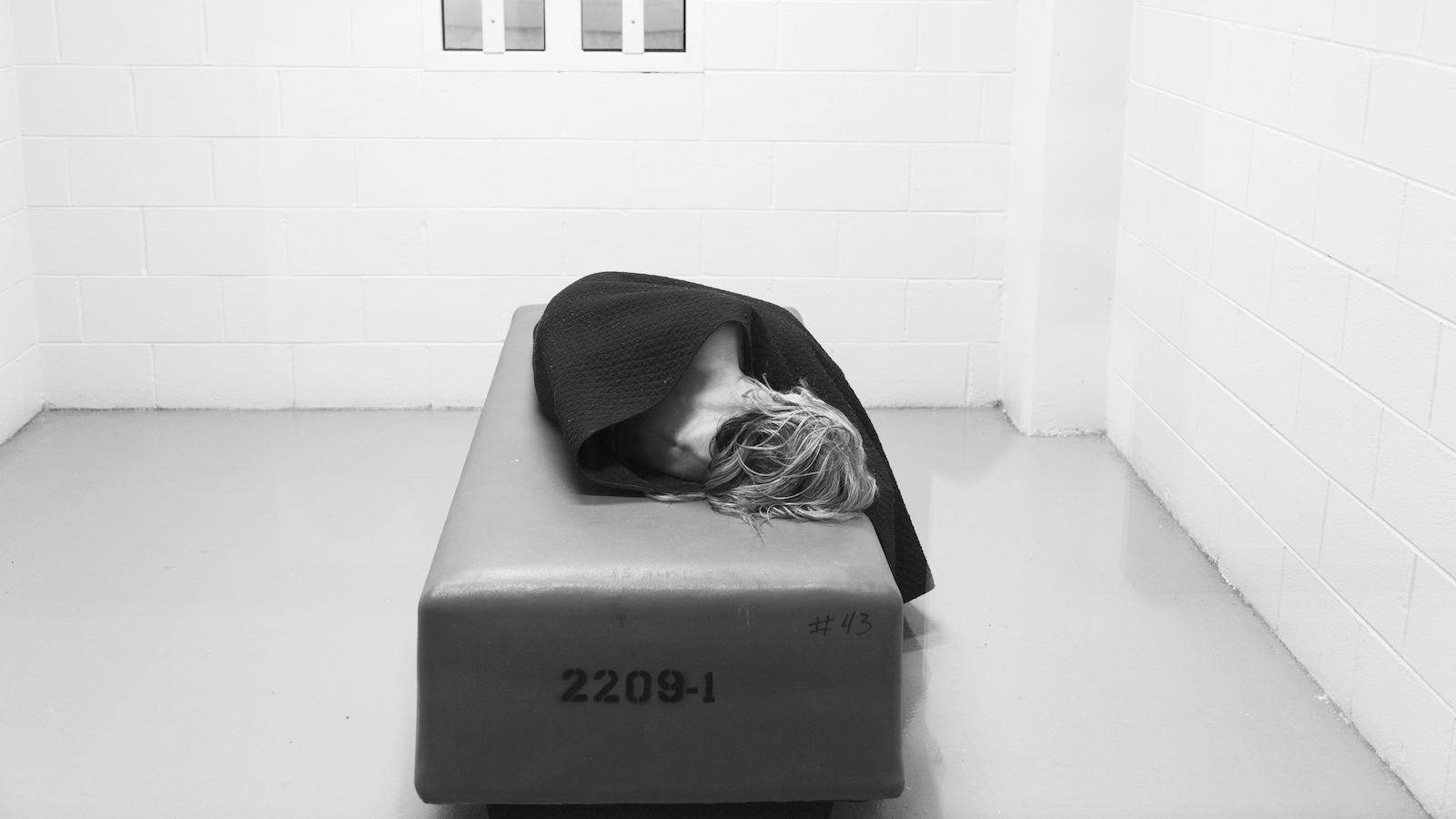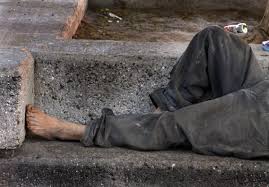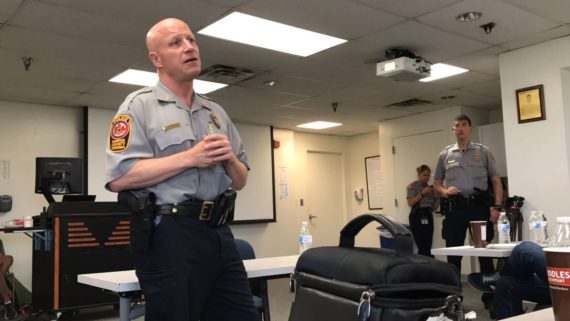
(10-4-19) From My Files Friday: Back in 2012, questions were being raised about the usefulness of the Diagnostic and Statistical Manual of Mental Disorders, which defines what is and isn’t a mental disorder. A Washington Post opinion piece by a prominent psychologist got considerable attention and this 2012 blog response from me. Would love to read your reactions on my Facebook page.
“Psychiatry’s Bible: The DSM is doing more harm than good.”
This was the headline of a guest opinion piece printed in yesterday’s Washington Post. The editorial was written by psychologist Paula J. Caplan who argued that “hundreds of people [are being] arbitrarily slapped with a psychiatric label and are struggling because of it.”
As an example, Caplan recounted the story of a “young mother” who had been told after a quick assessment by an emergency room doctor that she had bipolar disorder. The woman was committed to a psychiatric ward and started on dangerous psychiatric medication.
Over the next 10 months, the woman lost her friends, who attributed her normal mood changes to her alleged disorder. Her self-confidence plummeted; her marriage fell apart. She moved halfway across the country to find a place where, on her dwindling savings, she and her son could afford to live. But she was isolated and unhappy. Because of the drug she took for only six weeks, she now, more than three years later, has an eye condition that could destroy her vision.







